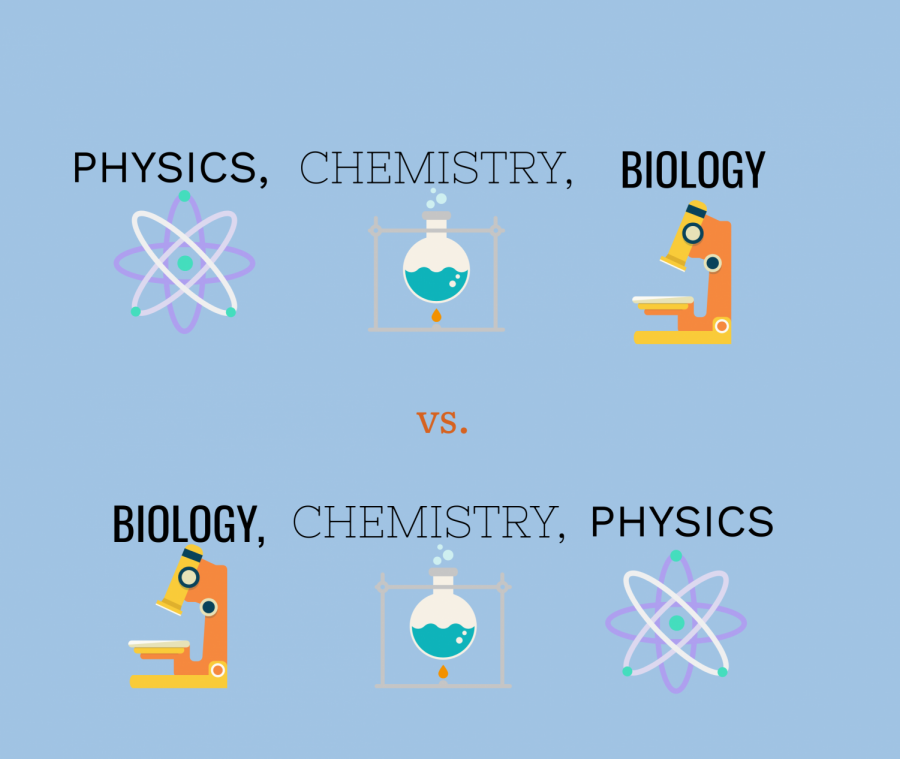Chemistry VS Biology: Whats The Difference?
Chemistry and biology are two branches of science that are closely related and often overlap in their study of the natural world. However, they are also distinct fields with their own unique characteristics and focus.
What’s Chemistry?
Chemistry is the study of matter and the changes it undergoes. It is concerned with the properties, composition, and behavior of elements and compounds, and the ways in which they interact and react with one another. Chemists use a wide range of techniques, including experiments, observations, and simulations, to understand the fundamental principles of chemistry and to discover new compounds and materials.
What’s Biology?
Biology, on the other hand, is the study of living organisms and the processes that sustain life. It encompasses a wide range of disciplines, including genetics, evolution, ecology, and physiology, and is concerned with understanding the structure, function, growth, and behavior of living things. Biologists use a variety of methods, including observations, experiments, and computer simulations, to study living organisms and their interactions with each other and the environment.
What Are The Similarities?
While chemistry and biology may seem quite different at first glance, they are actually closely intertwined. Chemistry is essential for understanding the molecular basis of life, and many chemical processes, such as metabolism and cell division, are fundamental to biology. Biology, on the other hand, relies heavily on chemistry to understand how living organisms function at the molecular level.
One way in which chemistry and biology intersect is in the field of biochemistry, which is the study of the chemical processes that occur within living organisms. Biochemists use chemical techniques to study the structure and function of proteins, enzymes, hormones, and other biomolecules, and to understand the mechanisms of cellular processes such as metabolism and gene expression.
Another area where chemistry and biology overlap is in the field of pharmacology, which is the study of drugs and their effects on the body. Pharmacologists use chemical techniques to study the mechanisms of drug action and to develop new medications.
Conclusion
While chemistry and biology may have some overlap, they are also distinct fields with their own unique focus and techniques. Chemistry is primarily concerned with the properties and behavior of matter, while biology is concerned with the study of living organisms and the processes that sustain life. Both fields are essential for understanding the natural world and have numerous applications in a wide range of industries and fields.











